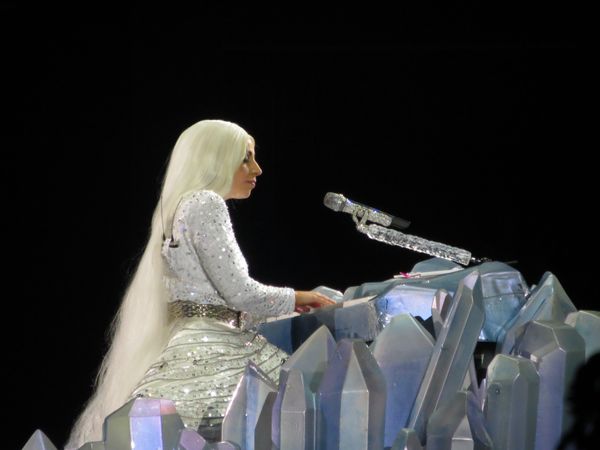"Coisa Mais Linda" directly translated into "The Most Beautiful Thing", set in 1959 Rio De Janeiro, finds its main protagonist in Maria Luiza, a wealthy housewife from São Paulo. Her perfect world is shattered when she discovers her husband has disappeared, leaving with all the money they had set aside to open a restaurant in Rio. Maria Luiza, with the help of some friends along the way, decides to abandon her comfortable lifestyle and open up a revolutionary club with live music as the main attraction.
What's incredible about the series is its unequivocal focus on the four main women. At its core, this series centers around female empowerment at a time where everyday things were near impossible to do without a husband. Maria Luiza, in one of the scenes, has to forge her husband's signature in order to get a loan from the bank to open up her club. Shorthanded, she enlists the help of a working-class woman, Adelia. Adelia, a black single mother, works as a housekeeper to put food on the table for her daughter. Maria Luiza's childhood friend Ligia sneaks out of the house to pursue her passion for singing, away from her emotionally and physically abusive husband. And Thereza, perhaps the most modern of them all, has an open relationship with her husband (including women) but is still suffering from the loss of her son who was stillborn.
These women are strong, intelligent, caring, compassionate, complex, and unapologetically women. They are mothers, daughters, and sisters but none of that stops them from going after their dreams. The show's main message is found in the solidarity between these four women. Without each other, they wouldn't have the courage to go after what really matters to them in life, whether that be a mother, a business owner, a singer, or even an editor in chief of a magazine.
Pathy Dejesus, the actress that plays Adelia, spoke about the importance of giving characters like hers a voice: "Talking about Adelia makes me emotional because she reminds me of my grandmother. A black woman without a lot of options." Adelia is given the opportunity of a lifetime when Maria Luiza offers to make her a business partner and co-own the club. She is not only able to leave her job with her racist boss but able to do something bigger with her life. You don't see women, especially women of color, given this much agency, even in 2019.The cinematography of the show makes even the most mundane shots look spectacular. Colored with an almost nostalgic filter, every shot is downright gorgeous, even making Rio's most breathtaking beaches look more incredible. Each frame is vibrant with color, a truly delicious treat to watch. Paired with the soothing tones of the newly introduced Bossa Nova genre in the show, every second watched will make you ache to be in Copacabana.
If the leading ladies are the core of the show, music is the heart. Set in 1959, the beginning of the Bossa Nova genre, the series infuses its roots into the narrative. Chico, Maria Luiza's main love interest, is a genius of the genre. He calls it a mix of Brazilian samba and jazz, and the performance of his new record inspires Maria Luiza into featuring him at her club debut. Ligia, who has dreams of becoming a famous singer, comes out of her shell and eventually sings in the club as well. Each episode features classic and timeless music, it's genuinely hard to listen and not sway with the beat.
Given the current political situation in Brazil, this show is relevant now more than ever. It's a response and a testament to the power women can achieve, even in oppression. If there was any time to showcase badass women conquering the world like bosses, now is it.
Maria Luiza has this incredible line when being asked if she truly wants to put her entire body and soul into opening up a club: "I'd rather create my own hell than live in someone else's." Maria Luiza knows that opening a club is no easy feat, that it will be hard, stressful, and could cost her her life as she knew it. And yet, she goes after it anyway. To live in someone else's idea of what your life should be like is truly hell. And we should all take after Maria Luiza in that sense and just build our own.
This show is definitely worth the pain of reading subtitles. Trust me. Season 1 of "Coisa Mais Linda" is now streaming on Netflix.



















